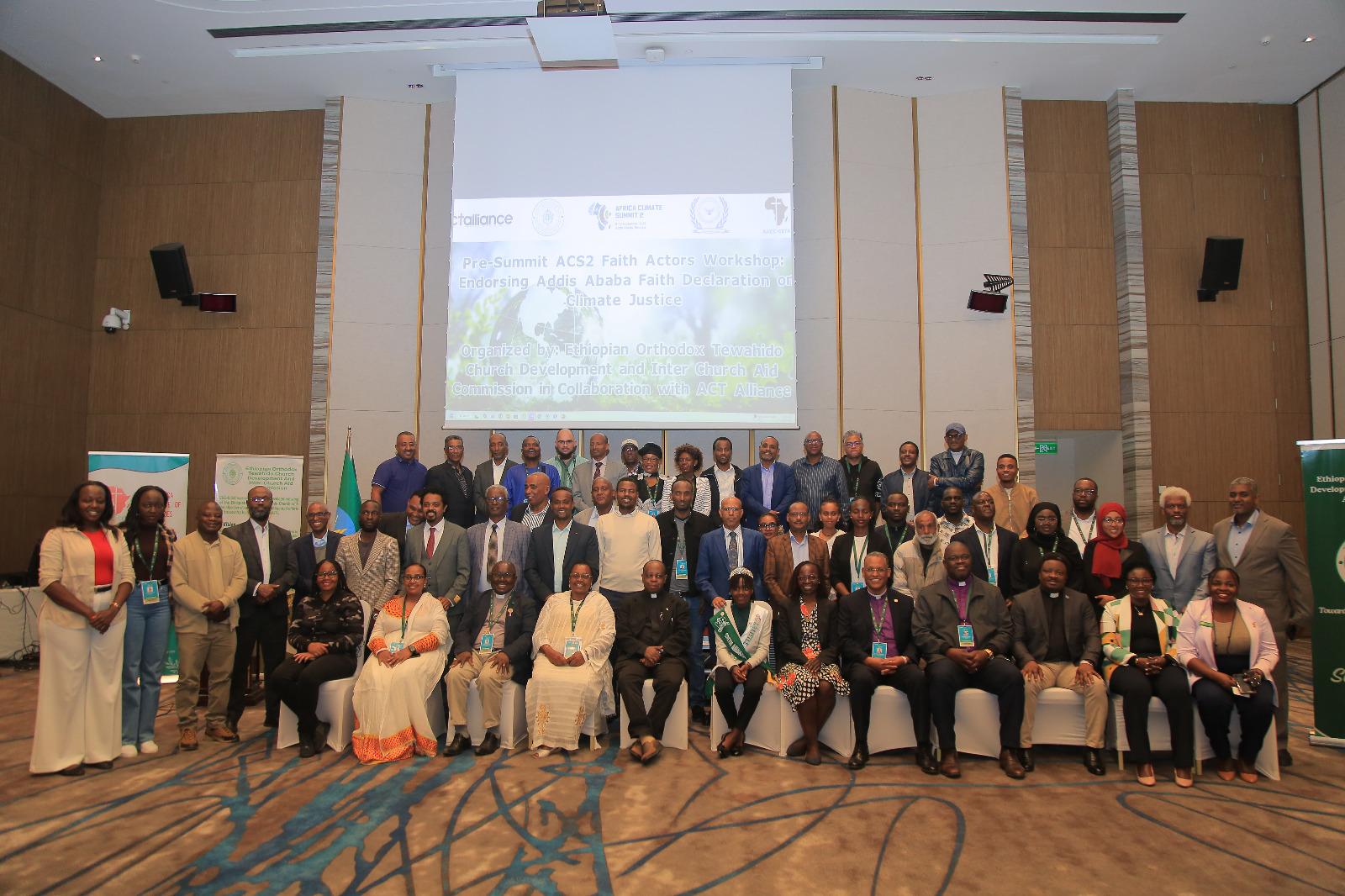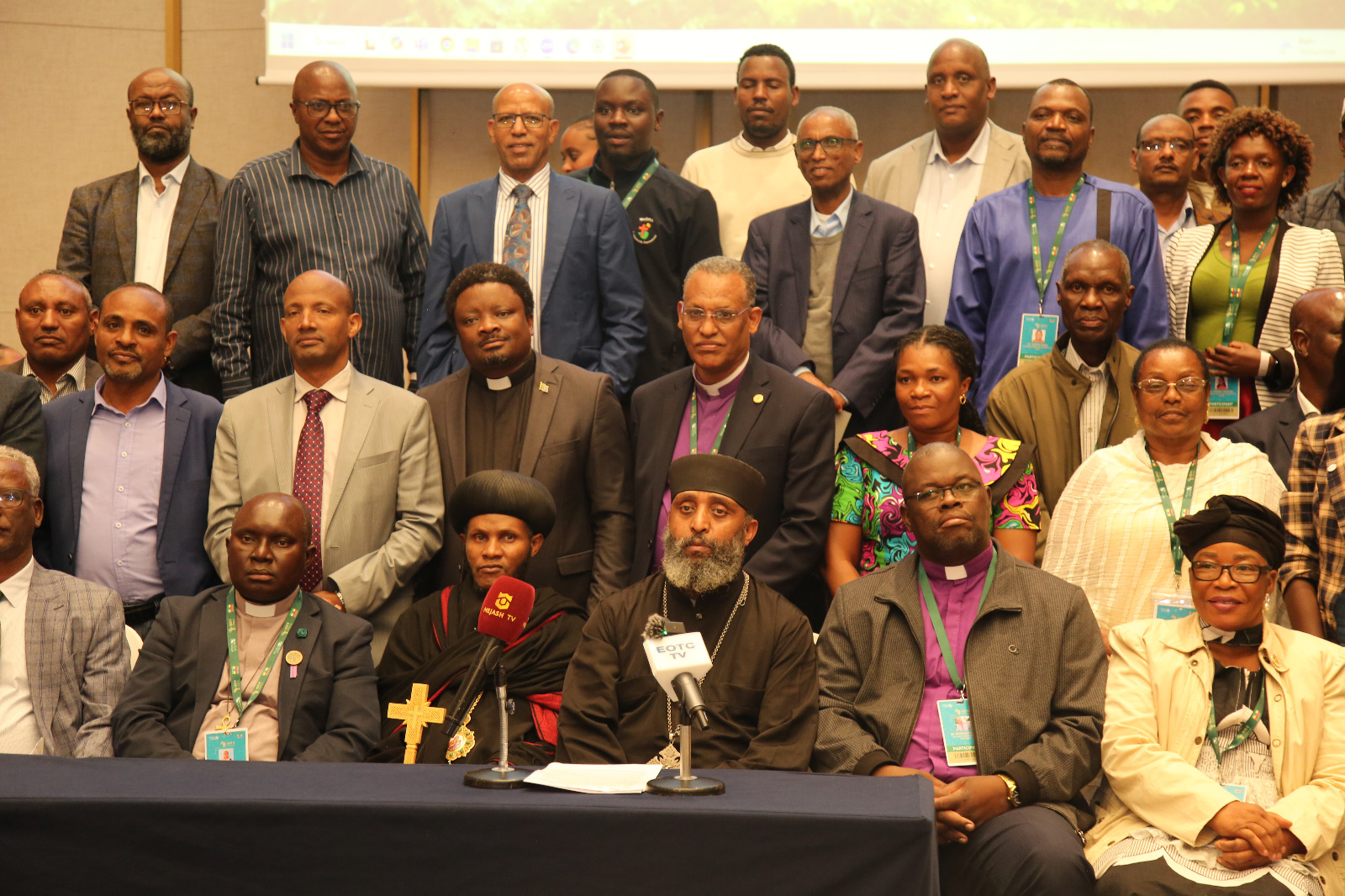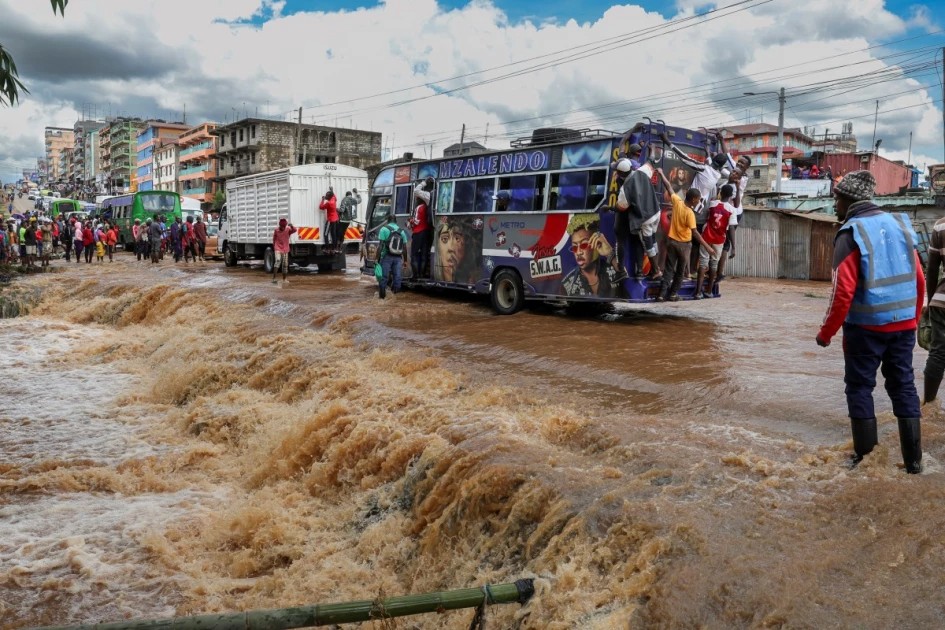- They say that climate change has forced many African countries to divert their limited resources toward adapting to extreme weather, droughts, and floods.
Two decades after a landmark debt relief initiative that offered a lifeline to many African countries, religious leaders across the continent have once again called for the cancellation of debts.
They say climate change has forced many African countries to divert their limited resources toward adapting to extreme weather, droughts, and floods.
“These debts have since re-accumulated—often from new creditors and under different terms. This is crippling the ability of many African nations to respond to a growing crisis. The fight for a sustainable future is directly linked to the fight for financial freedom,” they said in a joint statement on the sidelines of the Africa Climate Summit earlier this month.
But why do religious leaders believe that scrapping debts will give struggling countries a reprieve?
In their arguments, the leaders said climate justice and financial justice are inseparable, and that without a ‘moral and financial reset,’ Africa's people and ecosystems will remain trapped in a cycle of debt, disaster, and despair.
Read More
The initial wave of debt relief came in the late 1990s and early 2000s following a concerted effort by the International Monetary Fund (IMF) and the World Bank, which launched the Heavily Indebted Poor Countries (HIPC) Initiative.
This program was a response to pressure from global campaigns like the "Jubilee 2000" movement, aimed at easing the unmanageable debt burdens of the world's poorest nations.
Now, religious leaders say the promise of a new beginning—offered to many African countries through debt relief—has faded in the face of a new crisis.
Programme Executive for Economic and Ecological Justice at the All Africa Conference of Churches, Dr. Tinashe Gumbo, noted that climate change is not just an environmental issue; it has also affected many nations' ability to repay loans.
“Today, Africa faces a new form of bondage: many nations spend more on servicing external debts than on financing climate adaptation, while floods, droughts, and loss of biodiversity continue to devastate communities,” Dr. Tinashe said.
“This diversion of national wealth away from resilience and creation care undermines justice and deepens suffering. Therefore, we call on global leaders and international financial institutions to embrace a new Jubilee—cancelling unjust debts so that African nations can redirect their resources toward protecting creation, building resilience, and supporting the most vulnerable.”
Without a financial reset, they say Africa’s people and ecosystems will remain trapped in cycles of debt, disaster, and despair.
And while they say the scrapping of debt is just, they also called on African governments to do more in managing their fiscal and financial realities to address and avert unsustainable debt burdens.
“This means reforms need to happen at the country level to allow for debt management and, importantly, investment in climate action in a manner that acknowledges a country’s fiscal realities,” said the Global Climate Justice Manager at Act Alliance.
During the Africa Climate Summit, religious leaders submitted a Faith Declaration, which also called for closing Africa’s adaptation finance gap with grant-based financing. They urged major emitters to commit to ambitious reductions even as Africa advances a just, inclusive energy transition to expand access to clean energy.

While the leaders noted that Africa remains climate-vulnerable—facing escalating droughts, floods, food insecurity, and displacement despite contributing the least to global emissions—they called on African leaders to build institutional capacity to unlock recovery finance and ensure fair access to the Loss and Damage Fund.
“We call for an immediate, time-bound end to new fossil fuel exploration and major carbon-locking infrastructure across Africa, and for African states to endorse and align with global efforts such as the Fossil Fuel Non-Proliferation Treaty,” said Bishop Coffi Anaoumou.
At a glance: Calls in the Faith Declaration included:
- Urging countries to urgently implement their National Adaptation Plans (NAPs)
- Extending adaptation support to fragile and conflict-affected regions, including Sudan, the Sahel, and the Horn of Africa
- Moving beyond commitments on paper, translating NAPs into tangible protection and resilience for vulnerable communities






-1769677767.jpg)